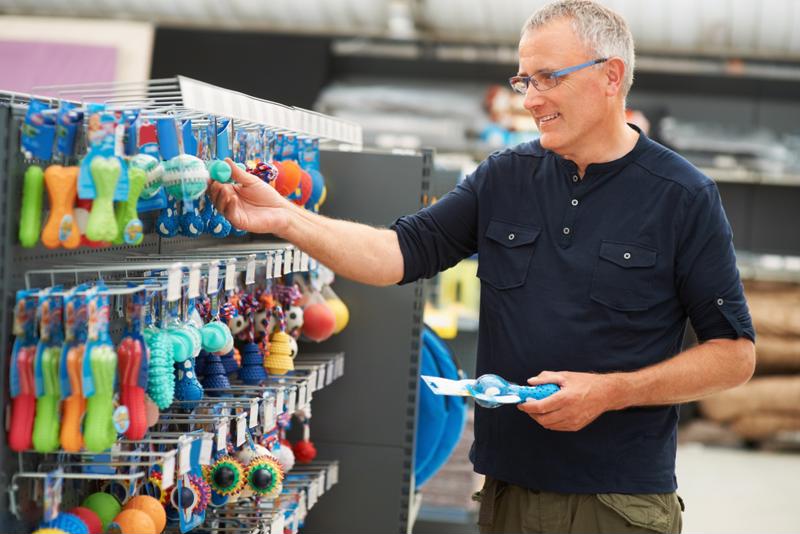But in an attempt to sidestep the port disorder and ensure children have plenty of toys waiting to be unwrapped come Christmas morning, one of the world's largest toy manufacturers has turned to nearshoring as a workaround. So far, it's proven to be a successful Plan B strategy.
In an October earnings call with reporters, Mattel CEO Ynon Kreiz indicated that the multinational toy manufacturer is nearshoring several of its production processes so the path to purchase is shorter and deliverables arrive on store shelves in a more timely fashion. Nearshoring is a supply chain strategy that involves transferring a particular business operation — such as packaging or parts and assembly — to a location that isn't as far away. Kreiz indicated that Mattel's early implementation of nearshoring enabled the company to reach its sales goals for the third quarter.
"We anticipated short supply and longer lead times, and factored that into our planning with mitigating actions," Kreiz explained. "For example, we expedited procurement of raw materials, pulled forward finished goods production to increase capacity, invested in additional tooling to dual source manufacturing of critical product lines, leveraged our diverse manufacturing footprint to optimize nearshoring of production, contracted ocean freight capacity and rates in advance and secured access to additional ports and shipping lanes."

Delivery times have risen more than 80%
This past September, The Toy Association issued a warning to retailers, informing them that ongoing supply chain disruptions would likely result in more empty shelves as buyer volume intensifies. That's because 85% of the toys bought in the United States are manufactured in Asia, according to the Toy Association. In that month, it was taking approximately 73 days for products shipped from China to arrive in the United States, according to estimates from the Port of Los Angeles. That's an increase of 83% compared to September 2019, Supply Chain Dive reported from Freightos figures.
Kreiz said that Mattel's early implementation of nearshoring will enable the company to be more nimble and respond to consumer demand as it intensifies. "We are ready for a strong holiday season," Kreiz added during the earnings call.
Meanwhile, other toy manufacturers haven't been as successful with their supply chain challenges. For instance, Hasbro CEO Rich Stoddart said that approximately $100 million worth of orders in the third quarter went unfilled because of supply chain bottlenecks and port congestion. However, Hasbro Chief Financial Officer Deborah Thomas said the products which were in limbo have since arrived to their intended destinations, as Hasbro has "delivered much of what was delayed in the third quarter despite continued supply chain challenges."
Notwithstanding these troubles, revenues for Hasbro rose 11% in the third quarter, according to the press release.



Post A Comment:
0 comments so far,add yours